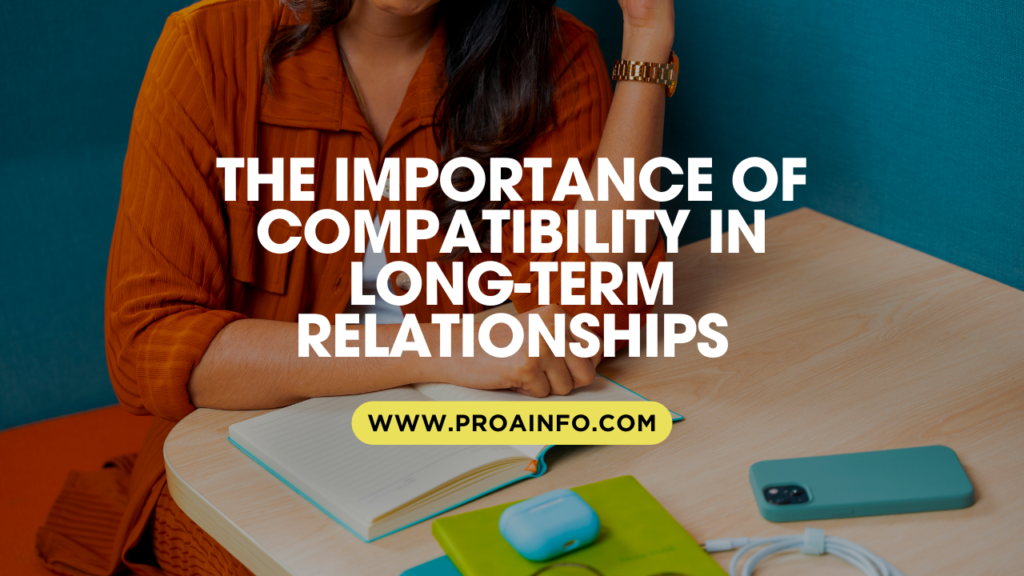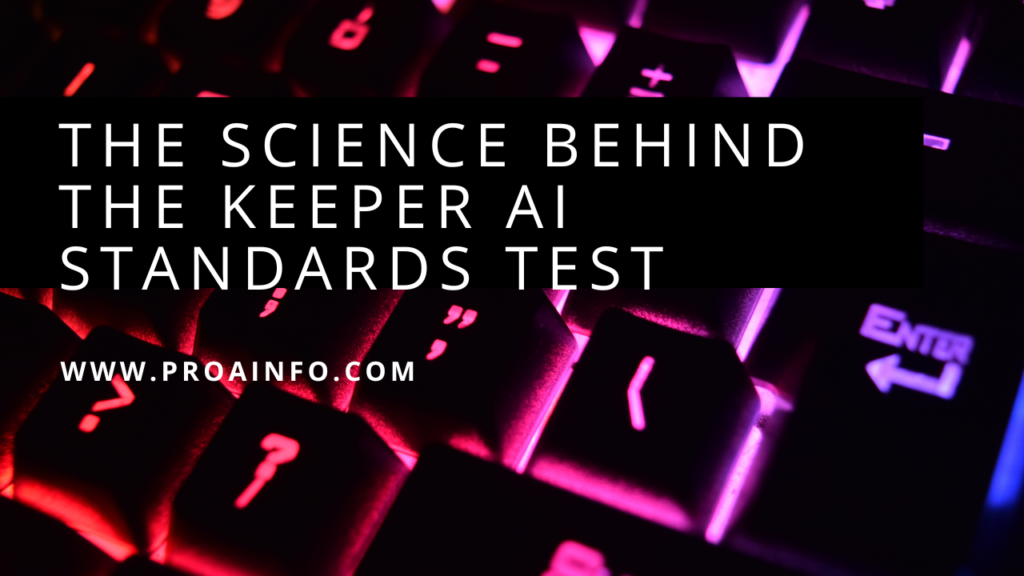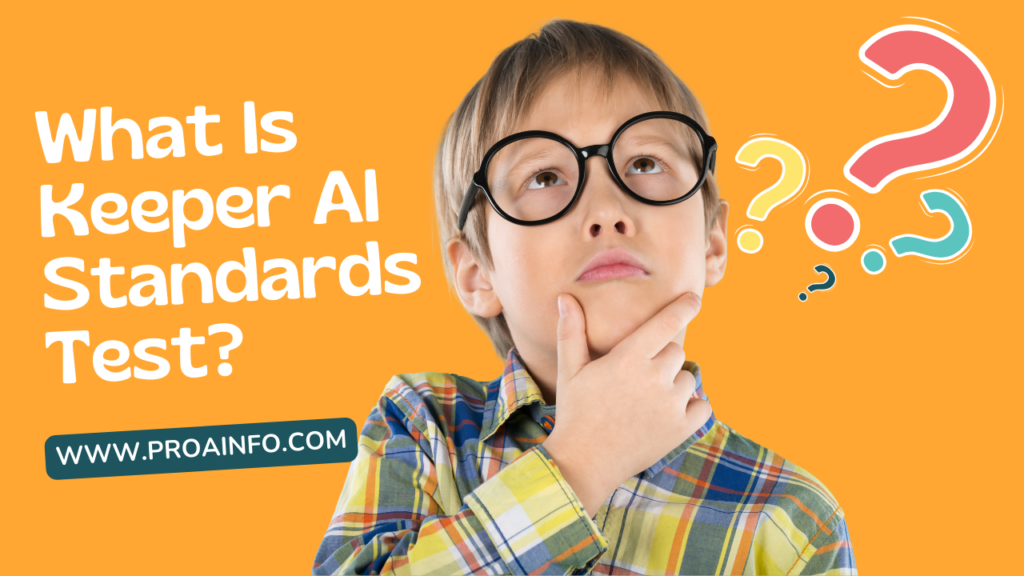What Is Keeper AI Standards Test? In a world where finding a compatible long-term partner can often feel like searching for a needle in a haystack, the advent of AI-powered matchmaking platforms has offered a glimmer of hope. Among these innovative solutions, Keeper AI stands out as a trailblazer, leveraging cutting-edge technology to streamline the daunting task of finding “the one.”
At the heart of Keeper AI’s matchmaking prowess lies the Keeper AI Standards Test, a meticulously crafted assessment that goes beyond mere surface-level preferences to delve deep into the core values, beliefs, and idiosyncrasies that shape each individual’s unique personality. This comprehensive quiz is designed to unravel the intricate tapestry of human connection, fostering the formation of truly compatible and fulfilling relationships.
The Importance of Compatibility in Long-Term Relationships

Before delving into the intricacies of the Keeper AI Standards Test, it is crucial to understand the profound impact that compatibility exerts on the longevity and overall quality of romantic partnerships. Numerous studies have consistently underscored the pivotal role that shared values, beliefs, and life goals play in the success and sustainability of long-term relationships.
When partners align on fundamental aspects of life, such as their approach to parenthood, financial management, religious or spiritual inclinations, and even their outlook on personal growth and self-improvement, the foundation for a harmonious and enduring bond is laid. Conversely, stark contrasts in these core areas can breed conflict, resentment, and, ultimately, the disintegration of the relationship.
The Keeper AI Standards Test: A Comprehensive Exploration of Individual Nuances
Recognizing the multifaceted nature of human compatibility, the Keeper AI Standards Test takes a holistic approach, meticulously dissecting various facets of an individual’s personality, preferences, and belief systems. This intricate assessment encompasses a wide array of domains, each carefully crafted to unearth the subtle nuances that contribute to long-term compatibility.
a. Values and Belief Systems
One of the foundational pillars of the Keeper AI Standards Test is its in-depth exploration of an individual’s values and belief systems. This section delves into areas such as religious and spiritual inclinations, political leanings, and ethical principles. By understanding these deeply rooted convictions, the assessment can identify potential sources of conflict or harmony between prospective partners, fostering a stronger foundation for a sustainable relationship.
b. Life Goals and Aspirations
The test also delves into an individual’s life goals and aspirations, spanning everything from career ambitions and educational pursuits to desires for travel, adventure, and personal growth. By aligning individuals with shared visions for their future, Keeper AI increases the likelihood of partners supporting and encouraging one another’s aspirations, rather than hindering or resenting them.
c. Personality Traits and Communication Styles
Effective communication is the lifeblood of any successful relationship, and the Keeper AI Standards Test recognizes this by delving into an individual’s personality traits and communication preferences. From extroversion and introversion to conflict resolution styles, this section aims to identify potential areas of friction or synergy between prospective partners, fostering healthy and fulfilling interactions.
d. Interests and Hobbies
While shared interests and hobbies may seem like a superficial consideration, they can play a significant role in fostering a sense of connection and enabling couples to enjoy quality time together. The Keeper AI Standards Test explores individuals’ recreational pursuits, artistic inclinations, and intellectual curiosities, increasing the likelihood of finding partners who can cultivate a rich and fulfilling shared life.
The Science Behind the Keeper AI Standards Test

The Keeper AI Standards Test is not merely a random collection of questions; rather, it is a meticulously crafted assessment grounded in rigorous scientific research and psychological principles. The test’s development involved extensive collaboration with experts in fields such as psychology, sociology, and interpersonal communication, ensuring that each question and assessment metric is rooted in empirical evidence and theoretical frameworks.
One of the key pillars underpinning the Keeper AI Standards Test is the concept of the “Big Five” personality traits, a widely accepted model in psychology that describes the five broad dimensions of human personality: openness, conscientiousness, extraversion, agreeableness, and neuroticism. By mapping an individual’s responses to these personality traits, the test can identify potential areas of compatibility or conflict with prospective partners, facilitating more harmonious matches.
Additionally, the Keeper AI Standards Test incorporates principles from attachment theory, a psychological model that explores the emotional bonds formed between individuals and their impact on interpersonal relationships. By understanding an individual’s attachment style – whether secure, anxious, avoidant, or disorganized – the assessment can provide insights into their approach to intimacy, conflict resolution, and emotional connection, further refining the matchmaking process.
The Role of Artificial Intelligence in Matchmaking
While the Keeper AI Standards Test is grounded in established psychological and sociological principles, its true power lies in the integration of advanced artificial intelligence algorithms. These cutting-edge AI systems are capable of processing vast amounts of data, identifying intricate patterns, and making highly nuanced predictions that would be virtually impossible for human analysts alone.
By leveraging machine learning techniques such as natural language processing and deep neural networks, Keeper AI can analyze the nuanced responses provided by individuals in the Standards Test, extracting insights that go beyond mere keyword matching. The AI can detect subtle undertones, emotional cues, and even subconscious biases that may influence an individual’s preferences and decision-making processes.
Furthermore, Keeper AI’s algorithms continuously refine and improve their matchmaking capabilities through a process of continuous learning. As more individuals complete the Standards Test and provide feedback on the quality of their matches, the AI can adjust its decision-making models, becoming increasingly adept at identifying truly compatible partners.
The Future of AI-Powered Matchmaking
As groundbreaking as the Keeper AI Standards Test may be, it represents merely a stepping stone in the ongoing evolution of AI-powered matchmaking. The rapid advancement of artificial intelligence technologies, coupled with the growing recognition of the importance of compatibility in long-term relationships, suggests that the future of matchmaking will be profoundly shaped by these innovative solutions.
One potential avenue for future development lies in the integration of multimodal data analysis. While the current iteration of the Keeper AI Standards Test primarily focuses on text responses, future versions could incorporate additional data sources, such as facial expressions, body language, and even biometric data. By analyzing these multimodal inputs, AI systems could gain an even deeper understanding of an individual’s personality, emotional tendencies, and subconscious preferences, further refining the matchmaking process.
Another exciting frontier is the incorporation of virtual reality (VR) and augmented reality (AR) technologies into the matchmaking experience. Imagine being able to virtually experience shared experiences or simulated scenarios with potential partners, allowing AI systems to observe and analyze real-time interactions, emotional responses, and decision-making processes. This could provide invaluable insights into compatibility dynamics, leading to even more accurate and personalized matches.
Additionally, the continued advancement of natural language processing and conversational AI could enable more natural and engaging interactions during the assessment process. Rather than presenting a series of static questions, future iterations of the Keeper AI Standards Test could involve dynamic, conversational exchanges, allowing the AI to probe deeper and adapt its line of questioning based on an individual’s responses.







